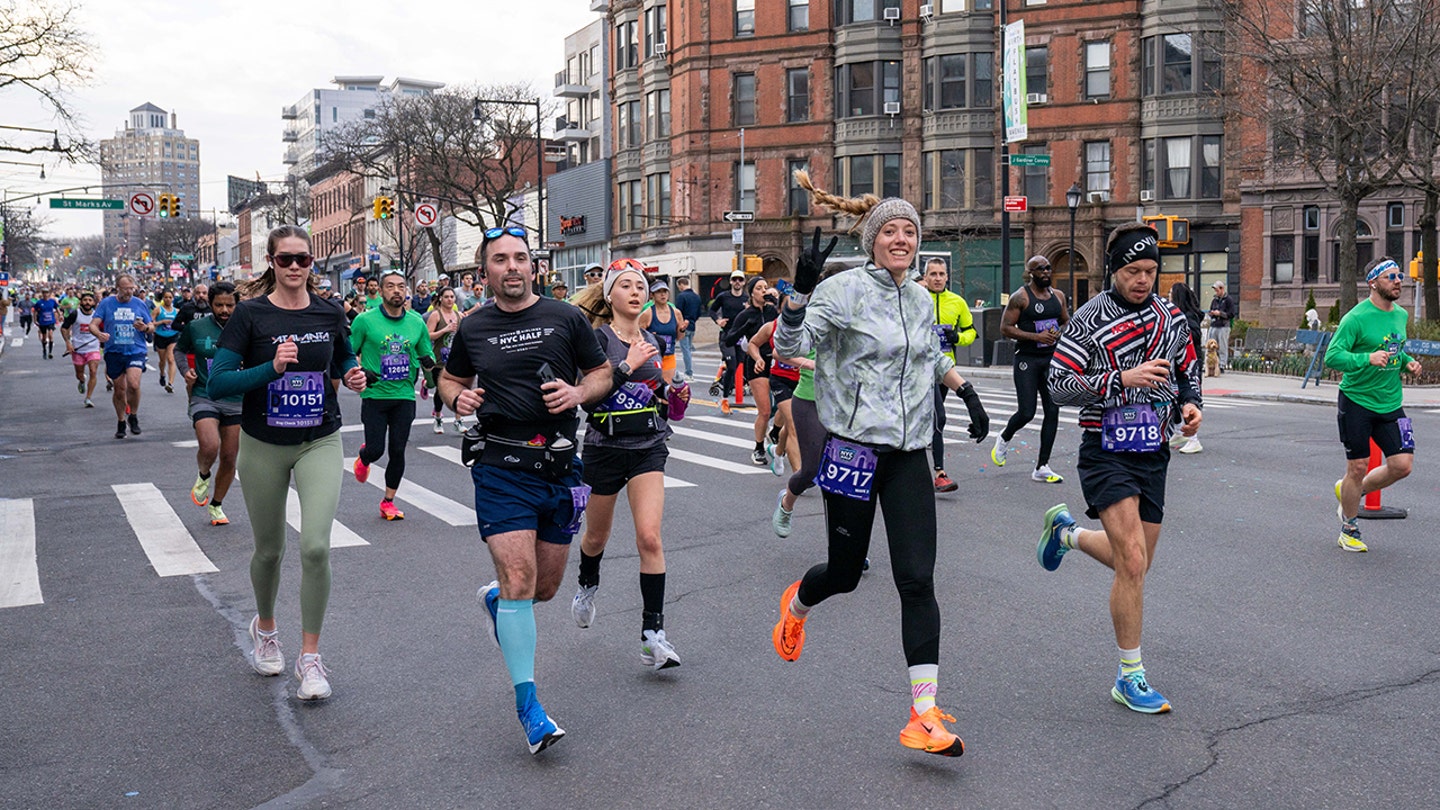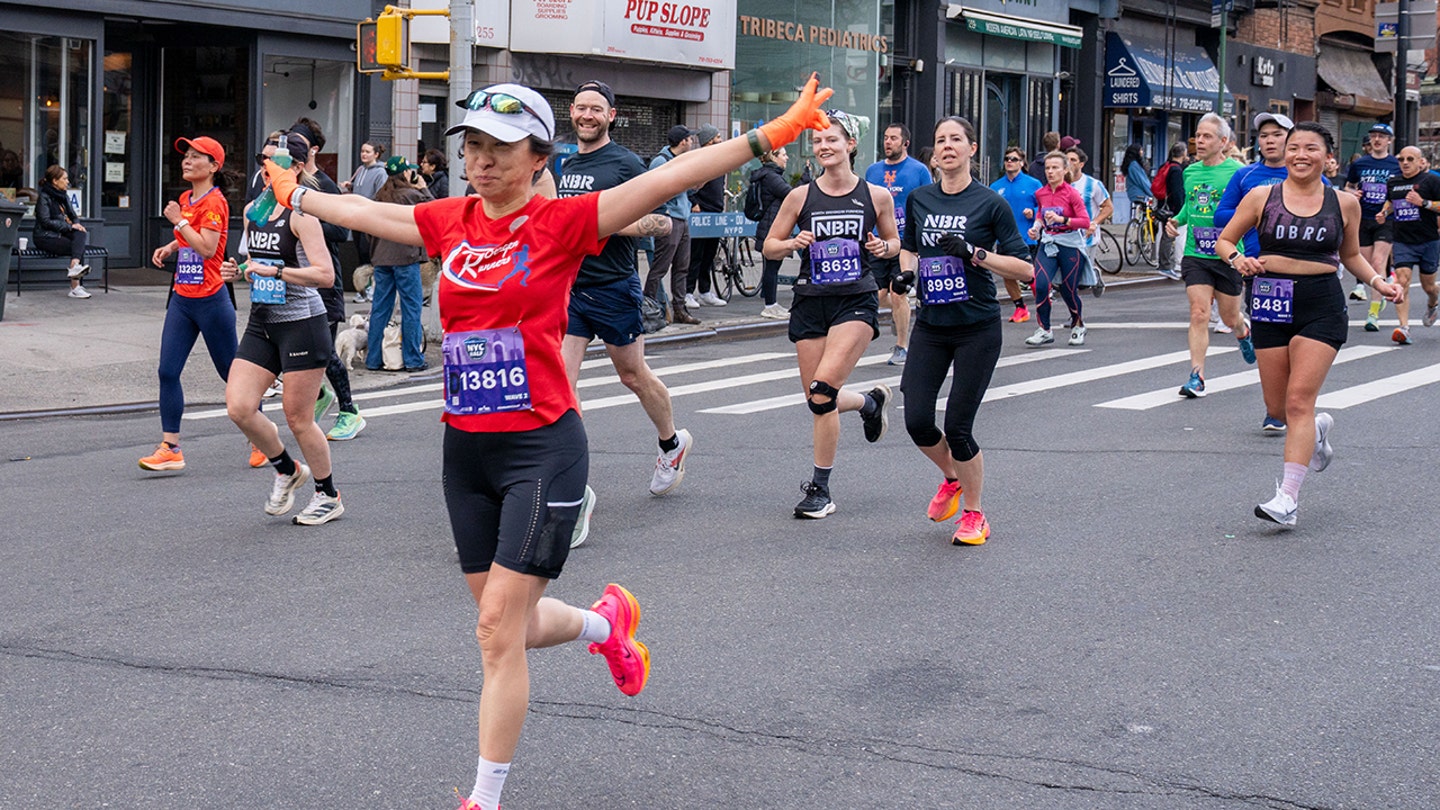Alexa Curtis, a social media influencer, has ignited controversy after running the Brooklyn Half Marathon without registering, known as "banditing." Curtis' actions have raised concerns about the safety risks and financial implications associated with unauthorized running in organized races.

Social media influencer Alexa Curtis, 26, has sparked intense backlash after posting a video of herself crossing the finish line of the Brooklyn Half Marathon, despite not registering for the race. The incident has highlighted the controversial practice of "banditing," where individuals participate in races without paying the entry fee or following the official rules.

Curtis' decision to run the race without registering has drawn sharp criticism from fellow runners and race organizers. Banditing is a highly unethical practice as it deprives the race of entry fees, which are used to cover the costs of security, medical responders, water, and other essential race-day amenities. A portion of the registration fees, which range from $125 and up, also goes to charity.
In her X post, Curtis apologized for her actions, claiming her post was "meant to be inspirational." However, her apology has been met with skepticism from many who argue that it is not acceptable to take advantage of a race or its participants. Curtis' post has been flooded with critical comments, with many condemning her for stealing from the race and the community.

Despite the backlash, Curtis has defended her actions, claiming that she did not intend to harm anyone or the race. She also stated that she was unaware of the rules regarding banditing and that she had asked security personnel where the race started and ended.
NYCRUNS, the organizer of the Brooklyn Half Marathon, has issued a statement condemning banditing and emphasizing the safety and well-being of its participants. Running in a race without a bib is dangerous, as it limits access to medical assistance in the event of an emergency. NYCRUNS also noted that banditing is unfair to the thousands of runners who paid the entry fee and followed the rules.
The controversy surrounding Curtis' actions has raised broader questions about the ethics of banditing and the potential consequences for individuals who engage in this practice. Banditing can not only lead to negative publicity for races but also poses a risk to the safety of all participants.
Curtis' situation has also brought attention to the issue of mental health in running. In her apology post, Curtis mentioned that she had been experiencing personal hardships and that running the marathon was a way for her to cope with her mental health. Experts in the field of mental health have emphasized the importance of seeking professional help rather than resorting to unorthodox or unethical methods to address mental health issues.
The incident has sparked a wider discussion about the importance of following rules and ethical behavior in organized races. Runners are encouraged to respect the rules and guidelines set by race organizers and to understand the consequences of engaging in unethical practices such as banditing.
Alexa Curtis' actions have sparked a heated debate about banditing in races. Her apology and explanation have been met with mixed reactions, with many expressing disapproval of her actions and others offering support for her mental health struggles. The incident has raised important questions about the ethics of banditing and the importance of following rules in organized races.










